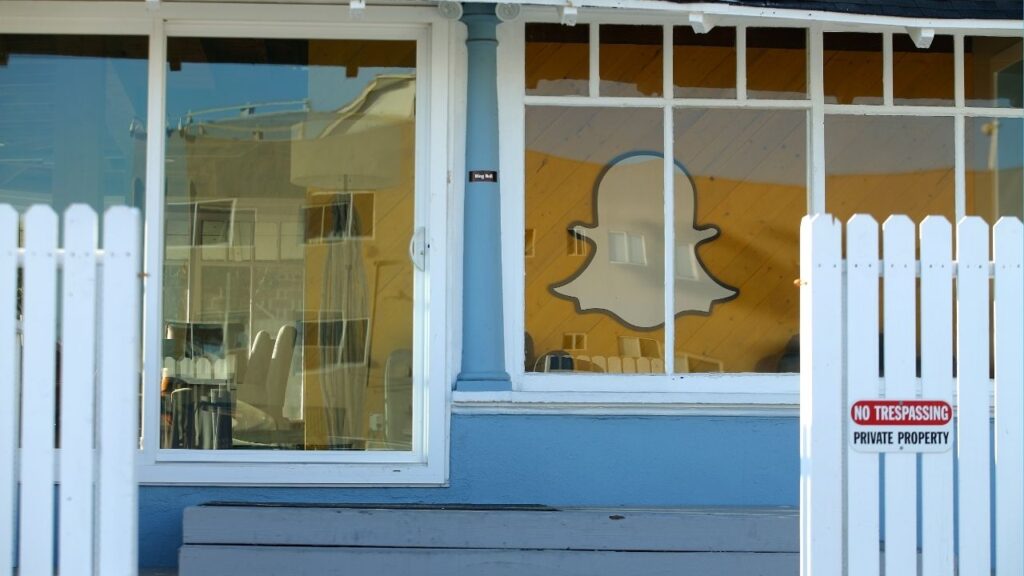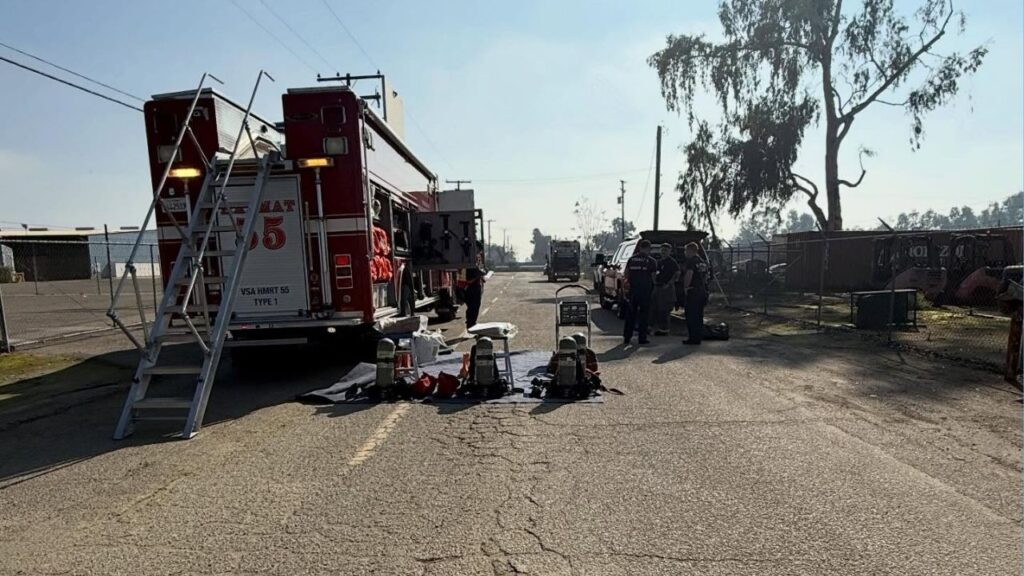Share
SACRAMENTO — A proposal to establish a task force to study and prepare recommendations for how to give reparations to African Americans passed the California Assembly on Thursday.
The bill advanced with a 56-5 vote as protests nationwide over police brutality re-energized the movement for racial justice and activists pressed for sweeping reforms. It is a top priority for California’s Legislative Black Caucus.
If the bill passes the Senate and is signed into law by Gov. Gavin Newsom, eight people with backgrounds in racial justice reforms would lead a study into who would be eligible for compensation due to slavery and how it should be awarded.
Assemblywoman Shirley Weber, a Democrat from San Diego who wrote the bill, said the study would reiterate California’s history of abetting slavery, even as it joined the union as a “free state” in 1850.
“The discriminatory practices of the past echo into the everyday lives of today’s Californians,” said Weber, who leads the Legislative Black Caucus.
The panel would start meeting no later than June 2021.
The panel’s top matter will be how it lays out the case for justifying reparations, 155 years after slavery was abolished, said Lisa Holder, an attorney who teaches about civil rights at UCLA School of Law.
Congress Last June Held the First Hearing on Reparations in Over a Decade
“The response really has to be framed around the issue of continuing racial injustice that started back in 1619 when Africans were stolen from Africa and brought here as enslaved people,” Holder said, adding black people still deal with racial discrimination. “Then you don’t get into this messy, unintelligible notion of who is directly linked to a slave.”
Congress last June held the first hearing on reparations in over a decade about a bill to study providing compensation to atone for the country’s history of slavery. But the legislation did not make it to a vote.
The federal government has given reparations before. After 120,000 Japanese Americans were held at internment camps during World War II, the U.S. government apologized and in 1988 paid $20,000 to each surviving victim.
“We seem to recognize that justice requires that those who have been treated unjustly need the means to make themselves whole again,” Weber said.
Another priority of California’s Legislative Black Caucus passed Wednesday when the Assembly approved a proposal to repeal California’s affirmative action ban. Voters will decide on the measure in November if the Senate approves the bill by June 25.
RELATED TOPICS:
Categories


















